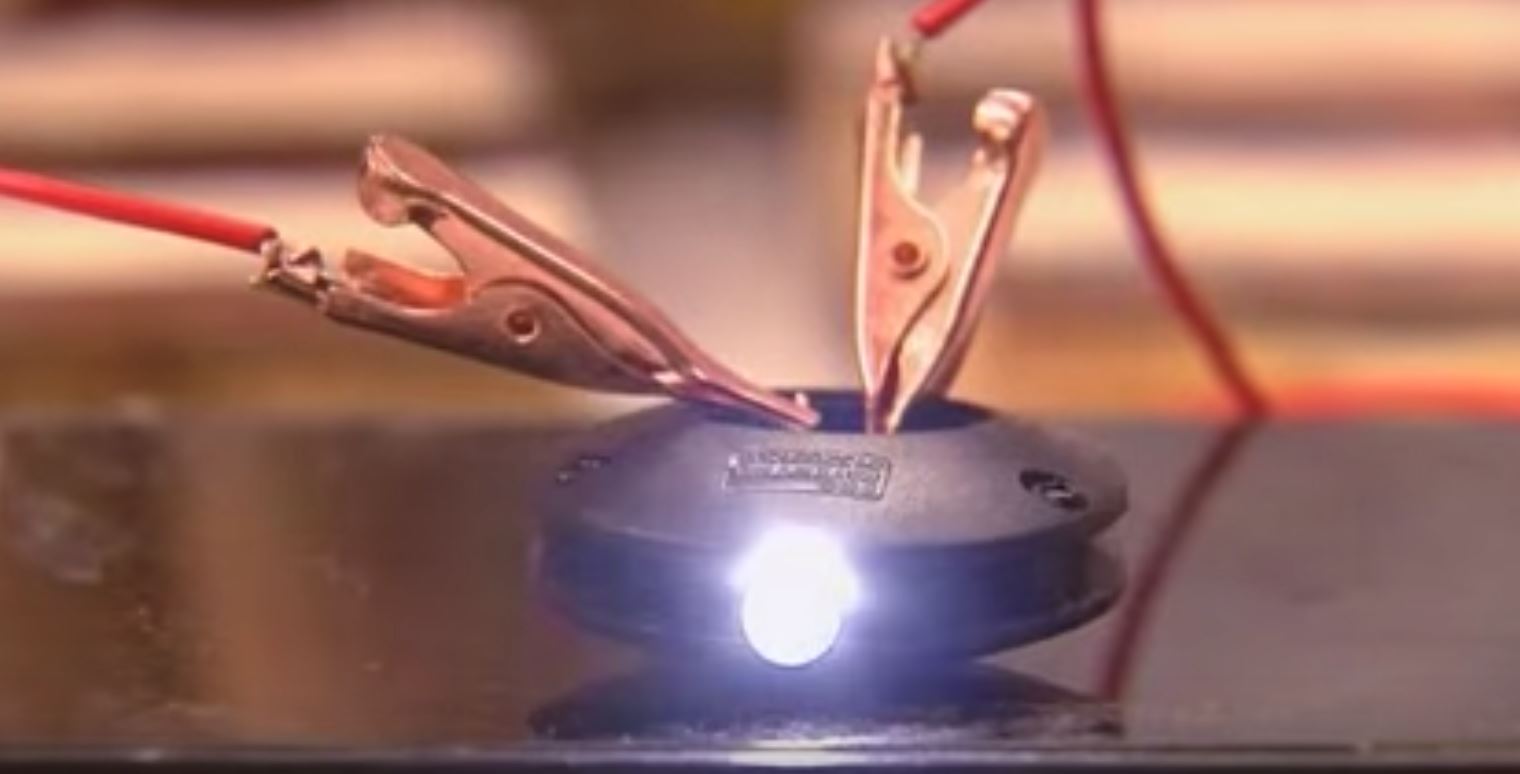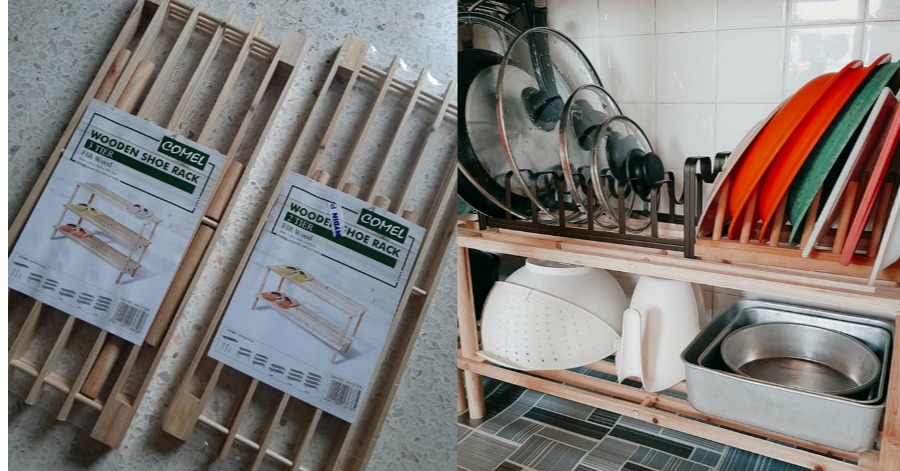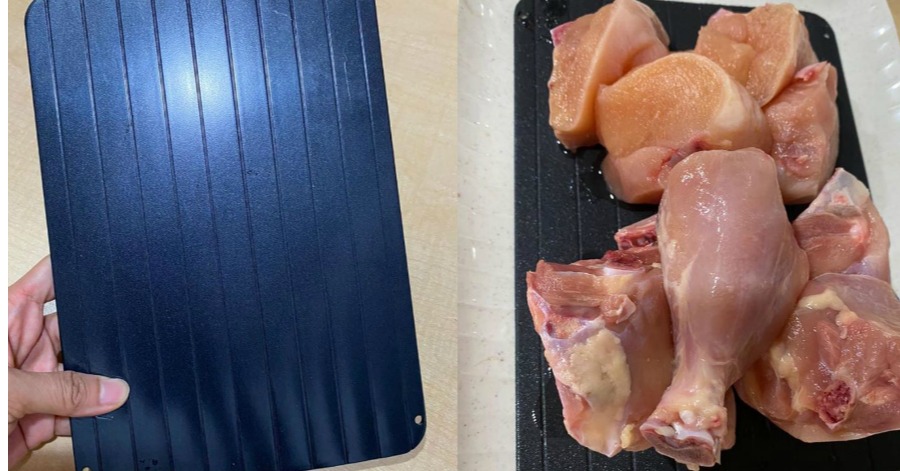The potato battery experiment provides an excellent way for kids (and adults) to learn more about science. Now that you’ve made a potato battery, you know more about how a circuit and electricity works.
Interestingly, potatoes also act like a battery that can turn on the light. Professor Haim Rabinowitch of the Hebrew University of Jerusalem has found a way to convert boiled potatoes to batteries.
A study by a group of professors showed that boiled potatoes for 8 minutes produced enough energy to light a bulb for 40 days. In fact, the cost of potatoes is 6 times cheaper than kerosene oil and 50 times cheaper than 1.5 standard AA batteries.
The materials used to make potatoes as batteries are 2 pieces of iron rod, copper sheet, zinc sheet, and wired clip.

There are a few variations you can try with this experiment. All of them are appropriate for any age. However, small children will require adult help.
- Add more potatoes (with pennies and galvanized nails in them) to increase your voltage, by attaching the potatoes to each other with copper wires (see video).
- Try boiling or cooking the potato first to see if this increases the output or voltage.
- Try the experiment with a lemon or an orange.
Sources: Youtube









Leave a Comment